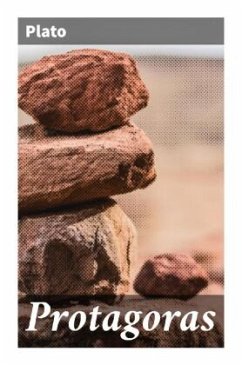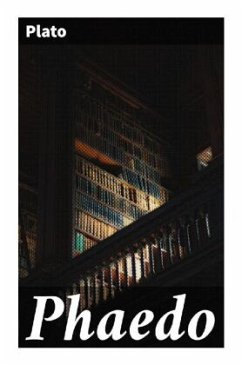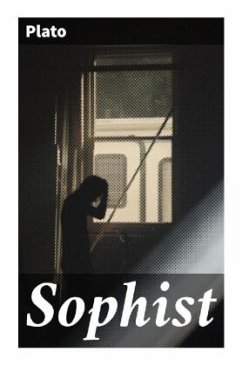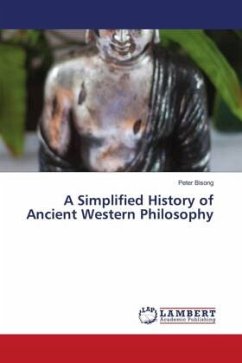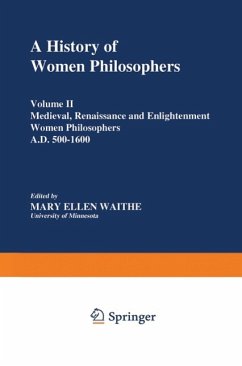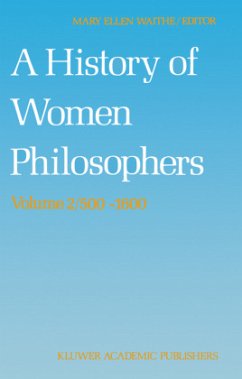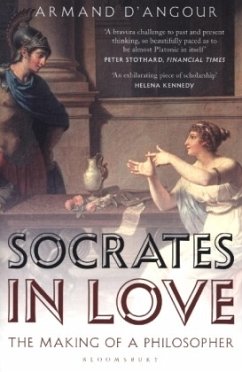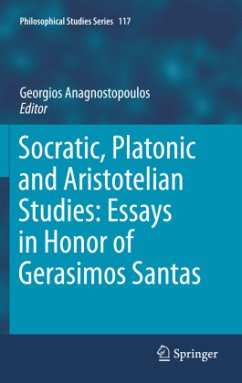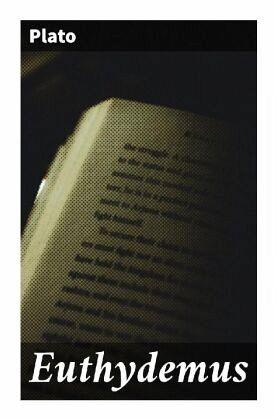
Euthydemus
Versandkostenfrei!
Versandfertig in 6-10 Tagen
6,99 €
inkl. MwSt.

PAYBACK Punkte
3 °P sammeln!
In "Euthydemus," Plato masterfully employs the dialectical method through a spirited dialogue centered on the themes of wisdom and sophistry. Set in the context of Athenian society, the dialogue examines the contrasting philosophical positions of Socrates and the two sophists, Euthydemus and his brother Dionysodorus. This text highlights the absurdities of rhetorical skills devoid of true knowledge, showcasing Plato's literary style that intertwines philosophical inquiry with sharp wit and irony. The dialogue is not merely an intellectual exercise; it serves as a critical commentary on the edu...
In "Euthydemus," Plato masterfully employs the dialectical method through a spirited dialogue centered on the themes of wisdom and sophistry. Set in the context of Athenian society, the dialogue examines the contrasting philosophical positions of Socrates and the two sophists, Euthydemus and his brother Dionysodorus. This text highlights the absurdities of rhetorical skills devoid of true knowledge, showcasing Plato's literary style that intertwines philosophical inquiry with sharp wit and irony. The dialogue is not merely an intellectual exercise; it serves as a critical commentary on the educational practices of the time, questioning the value of mere verbal cleverness in the pursuit of truth and virtue. Plato, a student of Socrates, was profoundly influenced by his mentor's quest for epistemic clarity amidst the rising prominence of sophists in Athens. His discontent with the prevailing moral relativism ignited his commitment to uncovering genuine knowledge. Through the character of Socrates in "Euthydemus," Plato critiques the sophistic tradition that prioritizes argumentation over understanding, thereby signaling his philosophical allegiance to the Socratic method. "Euthydemus" is essential reading for anyone interested in philosophy, ethics, or the intellectual climate of ancient Greece. The sharp dialogues invite readers to reflect on the nature of knowledge and education, making this work timeless in its relevance. It is a compelling introduction to Plato's thought and serves as a reminder of the importance of wisdom in a world often enamored with superficial eloquence.



